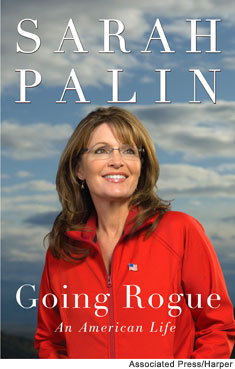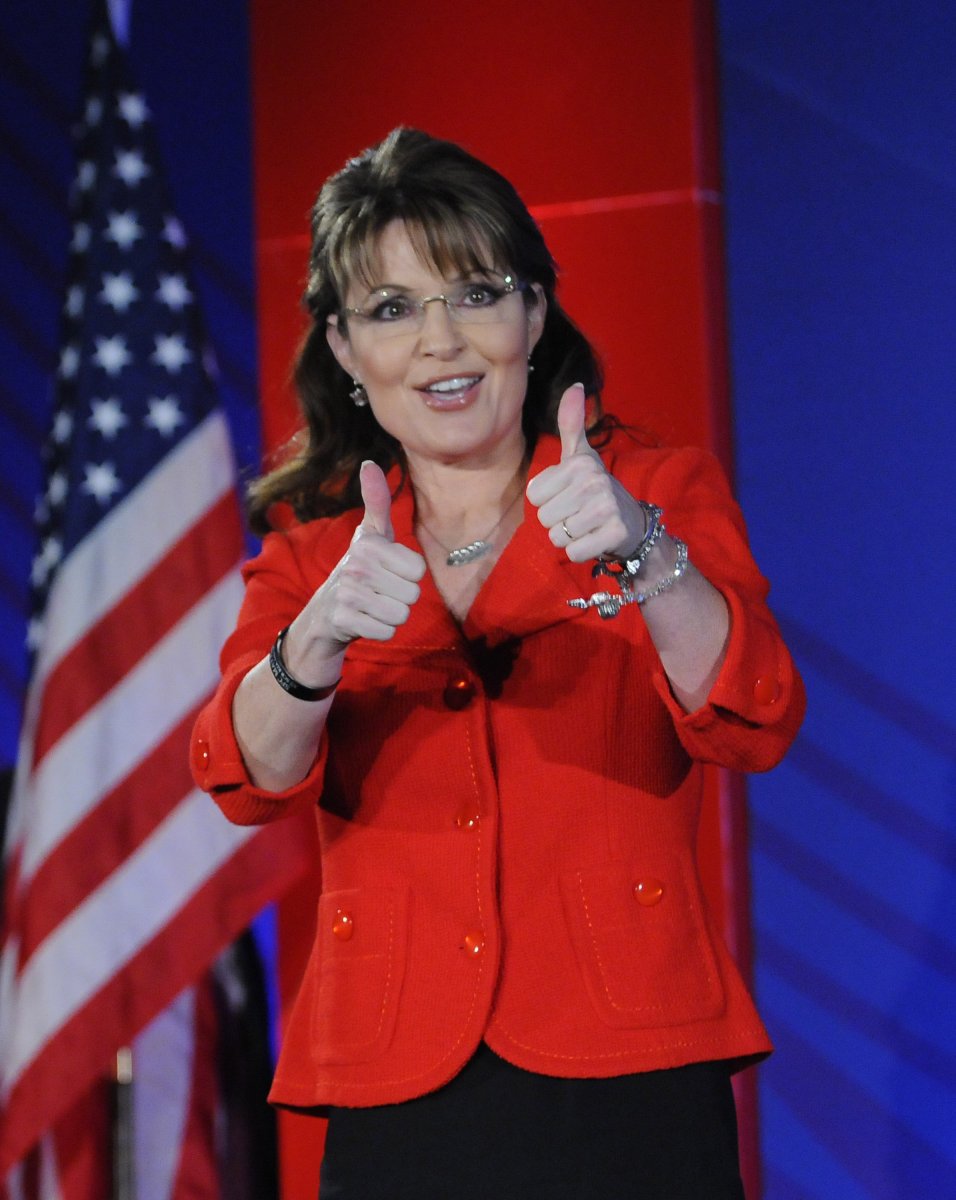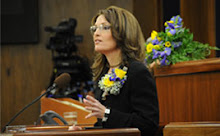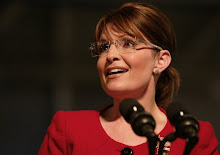How Palin Beat Alaska's Establishment
By KIMBERLEY A. STRASSEL
The Wall Street Journal
September 5, 2008; Page A13

If you've read the press coverage of Sarah Palin, chances are you've heard plenty about her religious views and private family matters. If you want to know what drives Gov. Palin's politics, and has intrigued America, read this.
Every state has its share of crony capitalism, but Big Oil and the GOP political machine have taken that term to new heights in Alaska. The oil industry, which provides 85% of state revenues, has strived to own the government. Alaska's politicians—in particular ruling Republicans—roll in oil campaign money, lavish oil revenue on pet projects, then retire to lucrative oil jobs where they lobby for sweetheart oil deals. You can love the free market and not love this.
Alaskans have long resented this dysfunction, which has led to embarrassing corruption scandals. It has also led to a uniform belief that the political class, in hock to the oil class, fails to competently oversee Alaska's vast oil and gas wealth, the majority of which belongs to the state—or rather, Alaskan citizens.
And so it came as no surprise in 2004 when former Republican Gov. Frank Murkowski made clear he'd be working exclusively with three North Slope producers—ExxonMobil, ConocoPhillips and BP—to build a $25 billion pipeline to move natural gas to the lower 48. The trio had informed their political vassals that they alone would build this project (they weren't selling their gas to outsiders) and that they expected the state to reward them. Mr. Murkowski disappeared into smoky backrooms to work out the details. He refused to release information on the negotiations. When Natural Resources Commissioner Tom Irwin suggested terms of the contract were illegal, he was fired.
What Mr. Murkowski did do publicly was instruct his statehouse to change the oil and gas tax structure (taxes being a primary way Alaskans realize their oil revenue). Later, citizens would discover this was groundwork for Mr. Murkowski's pipeline contract—which would lock in that oil-requested tax package for up to 40 years, provide a $4 billion state investment, and relinquish most oversight.
Enter Mrs. Palin. The former mayor of Wasilla had been appointed by Mr. Murkowski in 2003 to the state oil and gas regulatory agency. She'd had the temerity to blow the whistle on fellow GOP Commissioner Randy Ruedrich for refusing to disclose energy dealings. Mr. Murkowski and GOP Attorney General Gregg Renkes closed ranks around Mr. Ruedrich—who also chaired the state GOP. Mrs. Palin resigned. Having thus offended the entire old boy network, she challenged the governor for his seat.
Mrs. Palin ran against the secret deal, and vowed to put the pipeline back out for competitive, transparent, bidding. She railed against cozy politics. Mr. Murkowski ran on his unpopular pipeline deal. The oil industry warned the state would never get its project without his leadership. Mrs. Palin walloped him in the primary and won office in late 2006. Around this time, news broke of a federal probe that would show oil executives had bribed lawmakers to support the Murkowski tax changes.
Among Mrs. Palin's first acts was to reinstate Mr. Irwin. By February 2007 she'd released her requirements for pipeline bidding. They were stricter, and included only a $500 million state incentive. By May a cowed state house—reeling from scandal—passed her legislation.
The producers warned they would not bid, nor would anyone else. Five groups submitted proposals. A few months before the legislature awarded its license to TransCanada this July, Conoco and BP suddenly announced they'd be building their own pipeline with no state inducements whatsoever. They'd suddenly found the money.
Mrs. Palin has meanwhile passed an ethics law. She's tightened up oil oversight. She forced the legislature to rewrite the oil tax law. That new law raised taxes on the industry, for which Mrs. Palin is now taking some knocks, but the political background here is crucial.
The GOP machine has crumbled. Attorney General Renkes resigned. Mr. Ruedrich was fined $12,000. Jim Clark—Mr. Murkowski's lead pipeline negotiator—pleaded guilty to conspiring with an oil firm. At least three legislators have been convicted. Sen. Ted Stevens is under indictment for oil entanglements, while Rep. Don Young is under investigation.
Throughout it all, Mrs. Palin has stood for reform, though not populism. She thanks oil companies and says executives who "seek maximum revenue" are "simply doing their job." She says her own job is to be a "savvy" negotiator on behalf of Alaska's citizens and to provide credible oversight. It is this combination that lets her aggressively promote new energy while retaining public trust.
Today's congressional Republicans could learn from this. The party has been plagued by earmarks, scandal and corruption. Most members have embraced the machine. That has diminished voters' trust, and in the process diminished good, conservative ideas. It is no wonder 37 million people tuned in to Mrs. Palin's convention speech. They are looking for something fresh.
http://online.wsj.com/public/article_print/SB122057381593001741.html

































No comments:
Post a Comment